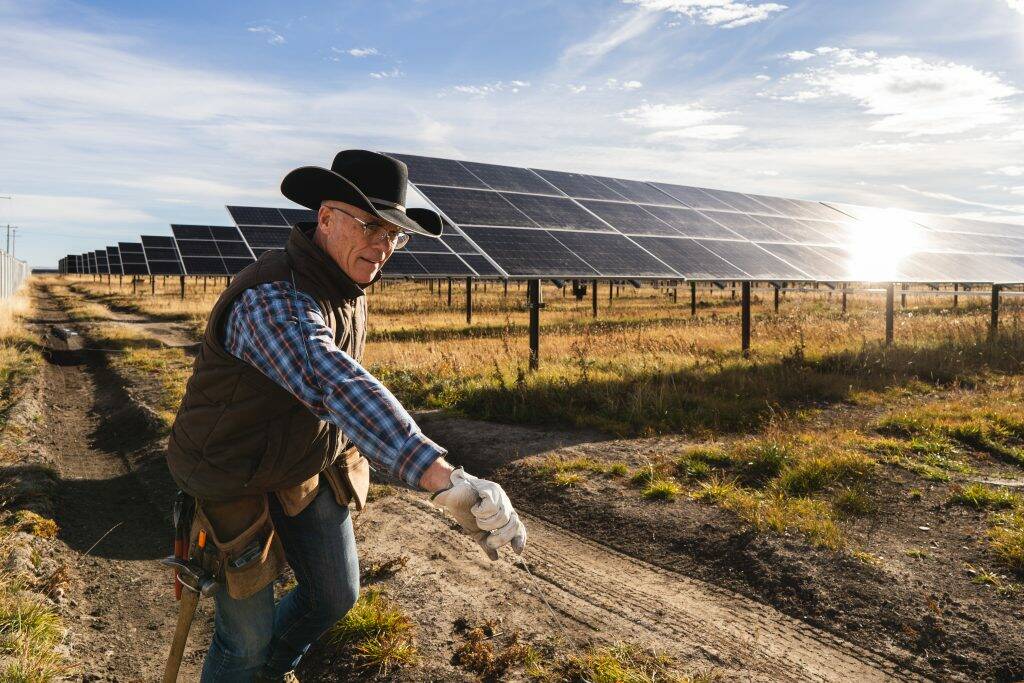The farm women’s movement that was born two decades ago appears to have run out of steam.
Funding cuts by federal and provincial governments, low memberships as women take jobs to keep their farms afloat, and a tired leadership appear to be the reasons.
Carolyn VanDine, president of the Canadian Farm Women’s Network, said from her Red Bridge, N.B., farm that the group hasn’t been active, mainly because of lack of money. Government funds are available only when used for specific, short-term projects.
With the loss of core funding in the mid-1990s, it became too difficult to find the money to hire staff and rent an office. Regular membership conferences resulted in action plans, but the group had no way to act on them.
Read Also

Support needed at all levels for high-value solar projects
Farmers, rural municipalities and governments should welcome any opportunity to get involved in large-scale solar power installations, say agrivoltaics proponents.
Agriculture Canada’s Farm Women’s Bureau “used to have $125,000 to distribute to groups,” VanDine said.
“That was cut seven, eight years ago.”
She said that at the world rural women’s conference in Spain last year, she saw that developing countries put more money into agriculture because farmers represent a larger part of their populations than Canada’s three percent.
“Canada is into new technology and agriculture is not a priority.”
She said the CFWN will be holding a conference call soon among its provincial delegates “because I’ve been president way past my turn.”
Provinces with networks affiliated to the CFWN include British Columbia, Saskatchewan, Ontario, Quebec, Prince Edward Island, Newfoundland, New Brunswick and Nova Scotia.
Calls to Robin Fenell, chair of the Saskatchewan Women’s Agricultural Network, went unreturned, but three SWAN members confirmed there has been no activity for several months.
Raquel Moleski, chair of SWAN in 2001, said the group is not officially dead and she hoped the board of directors is able to plan something this year.
Vice-president Darlene Gosling, who has been inactive for a year for medical reasons, said, “you’re asking the same questions I am” about SWAN’s existence.
“I’m hoping to see SWAN revitalize because I think it’s a very important group to lobby government and to deal with farm women’s issues and the hard times farmers are in.”
Linda Haubrich, a former SWAN director, said she has heard nothing from the group since it last met in February in Swift Current. That was supposed to be the annual meeting, but it was cancelled because of lack of notice and poor attendance. Haubrich said part of the problem is shortage of time, but so is the lack of a project to drive the members’ interest.
She said she’d like to know if SWAN is alive.
“It’d be nice to have closure or get it started up again.”
Past campaigns by the national and provincial networks focused on farm women’s equality with their spouses, such as permit books and farm property in their own names, improved access to child care, better educational training allowances, farm stress and women’s health, and lobbying to acknowledge women’s unpaid work.














